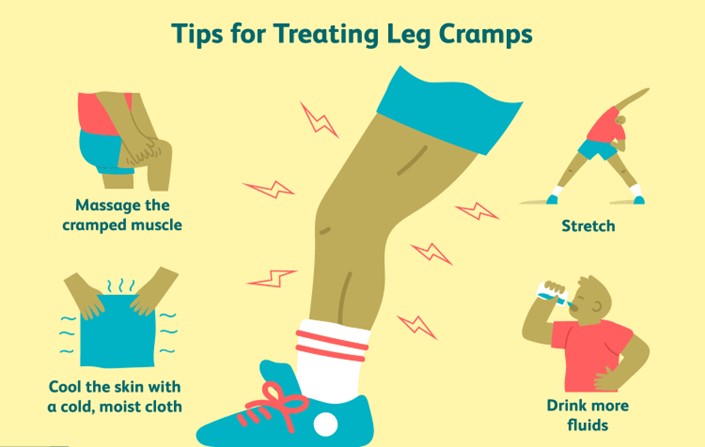The practical nurse (PN) is providing care for a client who is ordered nothing by mouth (NPO) after a small bowel resection. The client's nasogastric (NG) tube is connected to low intermitent suction. The client reports dizziness and tingling in digits. Which assessment finding by the PN should be reported to the healthcare provider?
Hyperactive bowel sounds on assessment.
Heart rate of 90 beats per minute with premature ventricular contractions (PVCs) noted on telemetry.
Hypoactive bowel sounds on assessment.
Regular heart rate of 100 beats per minute on telemetry.
The Correct Answer is B
PVCs are abnormal heartbeats that occur when a ventricle contracts earlier than expected. They can indicate electrolyte imbalance, such as hypokalemia, which can result from NG suctioning. The PN should report this finding to the healthcare provider, as it may require treatment or adjustment of the suctioning.
The other options are not correct because:
A. Hyperactive bowel sounds on assessment may indicate increased peristalsis or bowel obstruction, but they are not related to the client's symptoms or NG suctioning.
C. Hypoactive bowel sounds on assessment may indicate decreased peristalsis or ileus, which are expected after bowel surgery and do not require immediate intervention.
D. Regular heart rate of 100 beats per minute on telemetry may indicate tachycardia, which can have various causes, but it is not as concerning as PVCs in this context.
Nursing Test Bank
Naxlex Comprehensive Predictor Exams
Related Questions
Correct Answer is D
Explanation
A high blood urea nitrogen (BUN) level indicates impaired renal function, which can be caused by dehydration, infection, or nephrotoxic drugs. Chemotherapy can damage the kidneys and increase the risk of renal failure. The PN should report this finding to the charge nurse, as it may require fluid replacement, dose adjustment, or discontinuation of the chemotherapy.
The other options are not correct because:
A. Periodic nausea and vomiting are common side effects of chemotherapy that can be managed with antiemetics, hydration, and dietary modifications. They are not as urgent as a high BUN level.
B. Decreased deep tendon reflexes may indicate hypocalcemia, hypomagnesemia, or peripheral neuropathy, which can be caused by chemotherapy or other factors. They are not as urgent as a high BUN level.
C. A platelet count of 135,000/mm3 or 135 x 10^9/L is slightly below the normal range, but not significantly low. Chemotherapy can cause thrombocytopenia, which increases the risk of bleeding. The PN should monitor the client for signs of bleeding, but this finding is not as urgent as a high BUN level.
Correct Answer is B
Explanation
This is the best intervention for the PN to implement because it relieves the muscle spasm and reduces the pain of a leg cramp. Leg cramps are common during pregnancy and labor due to changes in calcium levels, fluid balance, or pressure on nerves and blood vessels.

A. Massaging the calf and foot is not recommended because it may increase pain or cause injury to the muscle or nerve.
C. Checking the pedal pulse in the affected leg is not necessary unless there is a suspicion of vascular compromise or thrombosis, which are unlikely causes of a leg cramp.
D. Elevating the leg above the heart is not helpful because it may impair blood flow or increase pressure on the nerve or muscle.
Whether you are a student looking to ace your exams or a practicing nurse seeking to enhance your expertise , our nursing education contents will empower you with the confidence and competence to make a difference in the lives of patients and become a respected leader in the healthcare field.
Visit Naxlex, invest in your future and unlock endless possibilities with our unparalleled nursing education contents today
Report Wrong Answer on the Current Question
Do you disagree with the answer? If yes, what is your expected answer? Explain.
Kindly be descriptive with the issue you are facing.
